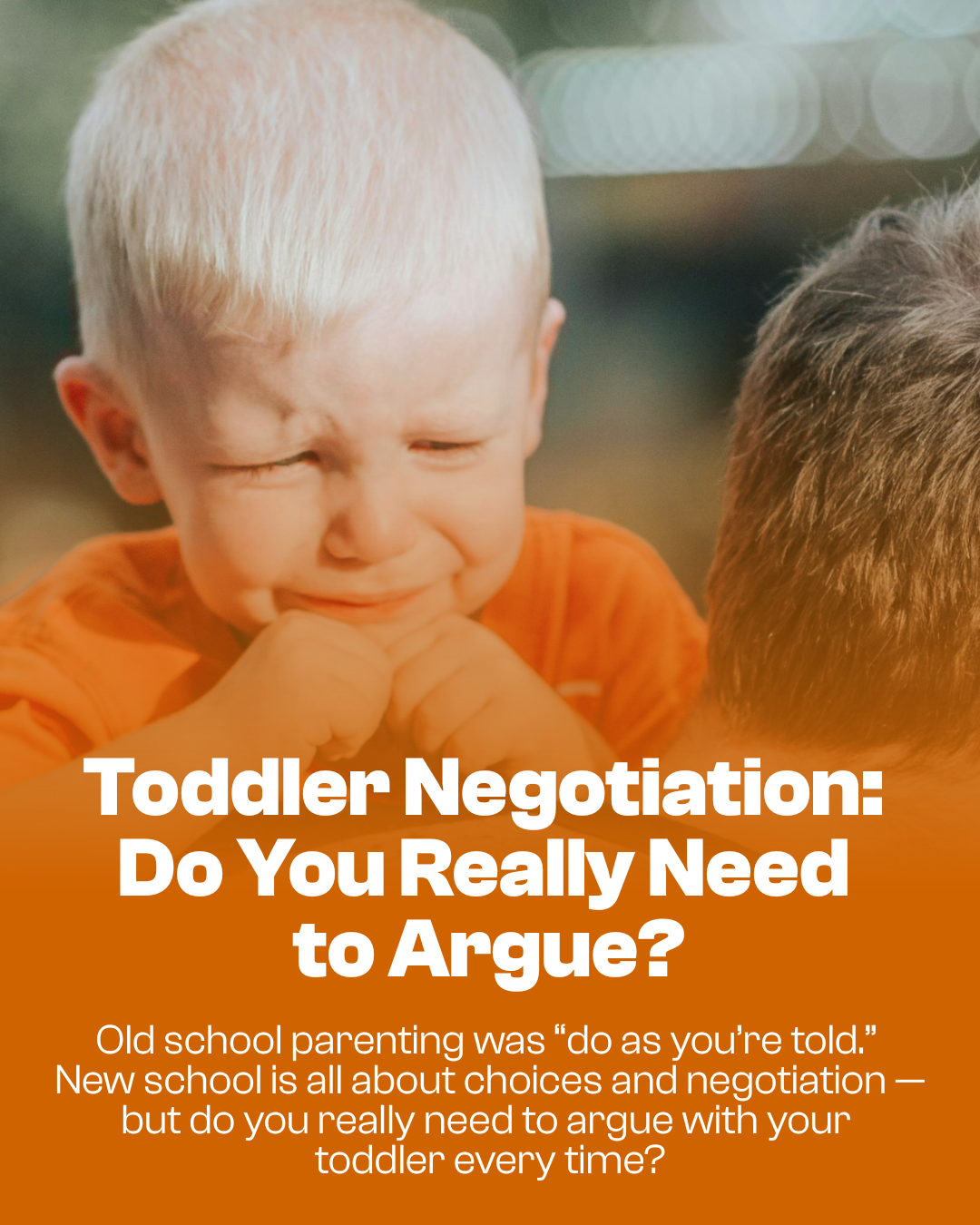


Starting January 11, 2026 at 12:00PM, we’re replacing credits with Makeup Tokens—a simpler, fairer way to make up missed classes.
Read more



.png)
Here’s what no one tells you about children’s sports: the most important development happening on the pitch isn’t being measured.
We track goals scored. We count successful passes. We time sprint speeds. But the profound character transformation unfolding every single week? That’s been invisible—until now.
I’m writing this as a parent of a four-year-old and a newborn, not from an ivory tower. And I can tell you with absolute certainty: the conversations you’re not having with your child are costing them their competitive advantage in life.
.png)
Can you describe your child’s communication style during team sports versus individual sports?
What about their energy levels across different activities? Their teamwork patterns when they’re comfortable versus when they’re challenged?
Most parents can’t answer these questions with confidence. Not because they don’t care—but because traditional sports programmes have given them nothing to work with beyond “they had fun” and “they tried hard.”
That’s why we built character badges into Minisport. Not as a nice-to-have feature. As an essential tool for the most important job you’ll ever have: raising a resilient, emotionally intelligent human being.
When your three-year-old navigates sharing equipment with a classmate who’s snatched the ball three times, something extraordinary is happening. When your five-year-old spots a shy peer standing alone and invites them to join the game, you’re witnessing character architecture being constructed in real-time.
These aren’t “soft skills.” They’re the hardest skills to develop and the most valuable to possess.
Character badges systematically track energy, communication, teamwork, listening skills, and emotional regulation across all six of Minisport’s sports—football, basketball, hockey, tennis, cricket, and rugby. Not occasionally. Not when we remember. Every single class.
Because here’s the truth: what gets measured gets developed. What gets recognised gets repeated.
.png)
Children’s strengths don’t emerge uniformly. They bloom in different contexts, triggered by different sports, different team dynamics, different challenges.
Your daughter might struggle with communication during structured football drills but absolutely dominate collaboration during basketball. Your son might show remarkable listening skills in cricket yet burst with infectious energy during rugby.
This isn’t inconsistency. It’s intelligence. Your child is showing you exactly where their natural strengths lie and which environments unlock their potential.
But here’s the problem: if you’re only watching occasionally, if you’re relying on memory, if you’re getting generic feedback like “they did great today”—you’re missing the pattern entirely.
Regular Minisport attendance combined with character badge tracking reveals the trends. Over weeks and months, you start seeing it: teamwork scores consistently peak during hockey. Communication flourishes specifically during tennis sessions. Energy management improves dramatically in term two.
These insights are worth their weight in gold—because they tell you exactly how to support your child’s unique development journey.

Picture this: You’re collecting your four-year-old after class. You’ve got 47 things on your mind. The default script runs automatically:
“Did you have fun?”
“Yes!”
“That’s great, darling.”
End scene. Opportunity missed.
Now imagine this instead:
“I noticed Coach Sarah gave you a brilliant score for energy today during basketball. I saw you sprinting back and forth—you didn’t stop once! What made you feel so powerful today?”
Suddenly, you’re having a conversation that matters. You’re validating specific behaviours your child can recall. You’re helping them develop self-awareness about their character strengths. You’re teaching them that effort and attitude matter as much as ability.
This is the conversation that compounds. Week after week, term after term, these micro-moments of recognition build a child who understands their own character, can articulate their strengths, and develops agency over their development.
The alternative? A child who thinks success is random, who can’t identify what they’re good at, who lacks the vocabulary to discuss their own growth.
Which child do you want to raise?

Character badges transform disconnected classes into a narrative of growth. You’re no longer guessing whether your child is developing—you’re watching it unfold in data.
Communication scores climbing steadily over a term. Teamwork strengthening noticeably as your child bonds with classmates. Listening skills that were initially challenging becoming a genuine strength by term’s end.
This longitudinal view is your secret weapon as a parent.
It tells you when to celebrate progress beyond physical skills. It provides concrete talking points for family discussions about character and values. It even flags when your child might benefit from additional support in specific areas—before it becomes a problem.
You might discover your child gravitates towards sports that reward their natural strengths. Or—even better—you might watch them develop genuine resilience in areas that initially challenged them.
Either way, you’re equipped to guide them. Not blindly. Strategically.
Early childhood is the critical window for establishing social-emotional foundations. Miss it, and you’re playing catch-up for years.
The traits Minisport tracks—communication, teamwork, listening, emotional regulation, energy management—aren’t “nice to have.” They’re the competencies that predict long-term wellbeing, academic success, and healthy relationships.
Research is unequivocal: children with strong social-emotional skills outperform their peers academically, form healthier relationships, and demonstrate greater resilience in adversity.
By making these traits visible and valued, we’re sending children a message that will shape their entire lives: Your character matters as much as your skills. Who you are is as important as what you can do.
This isn’t fluffy. It’s foundational.
Character badges create a powerful alliance between coaches and parents. Coaches gain a structured framework for observing and nurturing character development. Parents gain actionable insights that extend learning far beyond the 50-minute class.
Together, you’re not just teaching children sports. You’re architecting confident, emotionally intelligent, socially capable young people.
The kind of young people who understand their own strengths. Who can articulate what they’re working on. Who develop resilience not by accident, but by design.

Every child is beautifully complex. Their strengths lie in different areas. Their potential unfolds at different paces. Their enthusiasm ignites in different contexts.
For too long, sports programmes have treated this complexity as inconvenient. We see it as the entire point.
Character badges honour your child’s uniqueness. They invite you to see them more fully. They give you the insights to celebrate their specific profile and engage meaningfully in their development.
Because at Minisport, where kids discover sport, we believe they’re also discovering themselves.
And you deserve the tools to support that remarkable journey—not with guesswork, but with clarity.
Ready to unlock insights that will transform your child’s sporting journey? Download the Minisport app and start tracking their character development across all six sports today. The conversations you have this week will shape the adult they become.
One simple shift in the way you talk to your child after sport can transform your relationship and their results. Most parents run the same script: “Did you have fun?” Minisport’s Character Badges give you a new campaign of conversations—specific, behaviour-based questions that build self-awareness, resilience and ownership. Over weeks and terms, these micro-conversations become a relationship system: you’re no longer reacting to random outcomes, you’re co-creating your child’s development journey. If you had precise weekly insights on your child’s character, how different would your post-class conversations sound?




.png)


